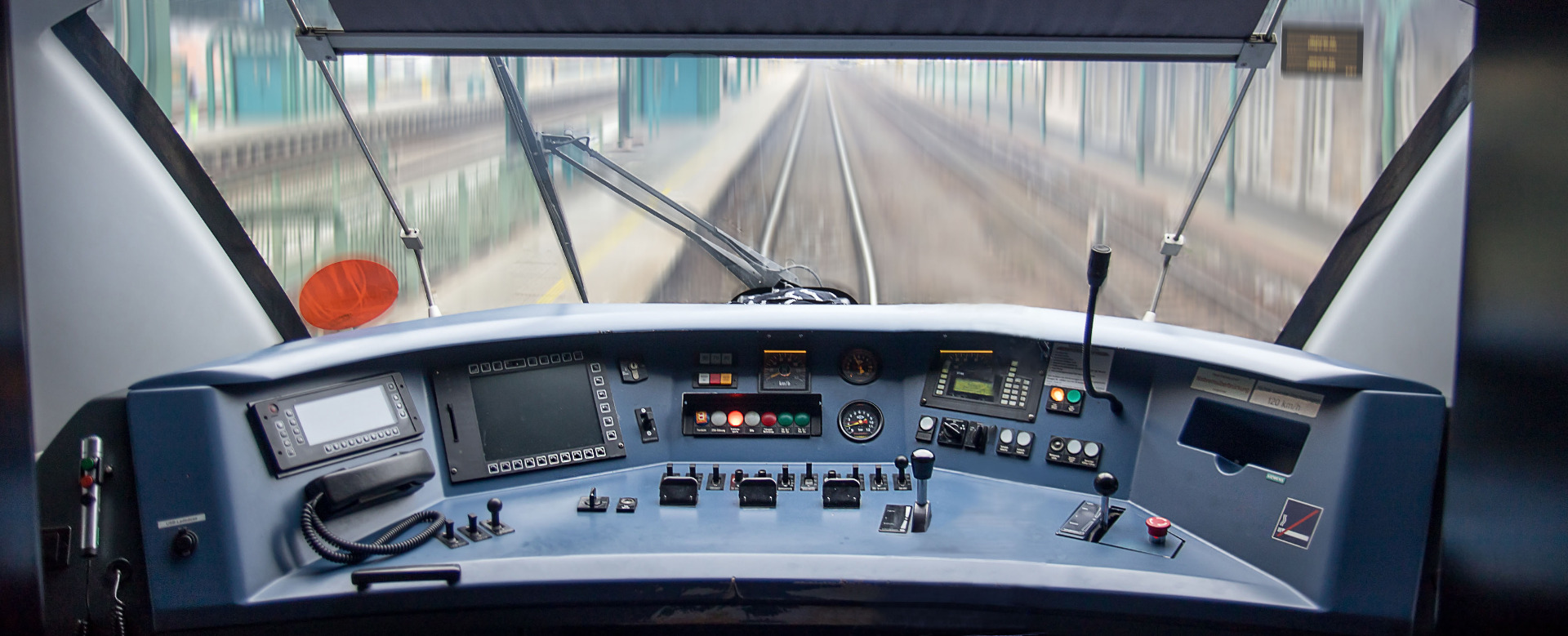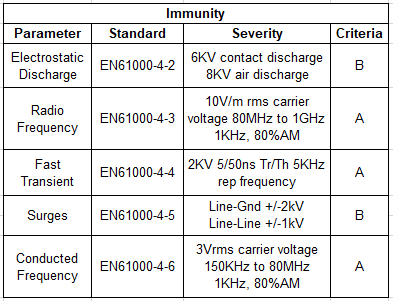Transport
Rugged and reliable products for a demanding industry

Rugged and reliable products for a demanding industry
Products designed for railway and transportation systems face challenging technical and environmental conditions in order to successfully operate on rolling stock, locomotives and trackside systems.
With the advancement in technology there are an increasing number of applications used on transportation requiring power conversion solutions. Fidus Power have a range of DC-DC converter modules to manage the demanding requirements.

Typical requirements that need to be considered are as follows:
- Compliance to relevant standards
- Wide input voltages for DC powered products
- Wide operating temperature
- EMC/EMI suppression
- Rugged construction
- Conformal coating
- Convection or conduction cooling
- Redundant or parallel operation
- Thermal, overvoltage, overcurrent protection
EN50155
European Norm EN50155 is often cited for electronic equipment used on rolling stock. This is a harmonised standard, but in the UK the standard RIA12, “General Specification for Protection of Traction and Rolling Stock from Transients and Surges in DC Control Systems” is still often required due to replacing obsolescent product that was previously approved to that standard, or designers adding more resilience to their new products. The main difference between the standards is shown in the table showing the DC input voltage requirements.

The rail industry uses various DC input bus voltages on its rolling stock. Typical examples are 24V, 48V, 72V, 96V and 110V.
Fidus Power rail DC-DC converters have very wide input range to cover the requirements of EN50155. The example in the table shows a 110V nominal input system. Our DC-DC converters are designed to manage the 66V-154V input range.
Fidus Power have introduced DC-DC converters with 10:1 and 12:1 input range. These units having 14V to 168V input allows a single converter to be designed across many applications minimising the requirement for multiple converters reducing the cost of inventory and filter design.
With regard to RIA12, the 3.5x nominal is very severe and has to be snubbed with suppression devices to protect the downstream converters. This poses a challenge to design engineers as it difficult to achieve with input surge capacitors, TVS or varistors. Fidus Power offers a range of surge clamping modules to provide a complete surge suppression solution.
Temperature Considerations
Depending on the class of product determined by the client T1-T4, EN50155 requires a wide operating temperature. Fidus Power can advise on the optimum way to thermally manage baseplate cooled converters to ensure maximum long-term reliability.

EMC
We have a range of products designed to meet EN50121-3-2 for Rolling Stock Apparatus, with many of these conforming to the stricter EN55032 standard with no need for additional external components. For increased EMC filter protection Fidus Power can offer Class B modules or offer discrete solutions to optimise filter design.

EMI
Electromagnetic immunity must also be considered with the performance of any design. Meeting the criteria;
A. The apparatus shall continue to operate normally during and after the test. No degradation of performance.
B. The apparatus will continue to operate normally after the test. Loss of performance during the test acceptable.

The requirements of the transportation sector has proven to show that it is a harsh and rugged environment for any electronic devices. This requires careful and rigorous design consideration to ensure products will operate successfully and reliably throughout their working life. Fidus Power has the technology and solutions to assist and advise design engineers in their goal to achieve product that meets and exceeds the requirements of the transportation industry.

